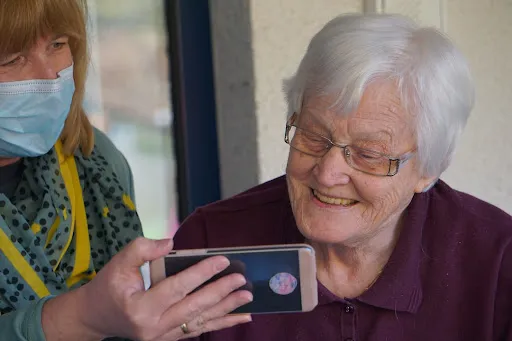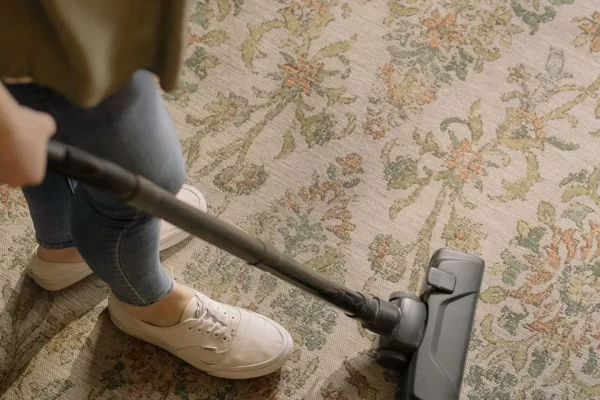When we speak of the commitment to take care of the elderly, we must emphasize the importance of their safety in the places that should provide them comfort and care – nursing homes. Unfortunately, there are instances of abuse and neglect, casting a gloomy shade on these institutions. Recognizing the signs of nursing home abuse and having the knowledge to address it is a societal responsibility we should all share. Keep reading as we delve into this serious issue.
Defining Nursing Home Abuse: Shedding Light on the Invisible Challenge
Understanding elderly care is the first step, and the second major step is defining nursing home abuse. Besides physical abuse, it also includes emotional, sexual, and financial exploitation and neglect. Abuse can be active (intentional harm) or passive (neglect or unintentional harm). Active abuse involves acts like hitting, berating, or intentionally withholding necessities like food and medicine. Passive abuse, which is sometimes harder to spot since it manifests subtly, involves neglecting the basic needs of the elderly, like failure to administer medications on time or lack of personal hygiene care.
One critical factor to consider is that many abuse cases go unreported. For this reason, it’s essential to familiarize ourselves with the signs of abuse and reach out to a legal professional, like this nursing home abuse lawyer Chicago, if you suspect that something may be wrong. A nursing home abuse lawyer specializes in cases involving elder abuse and has in-depth knowledge of the laws and regulations that govern nursing homes. They possess the skills and experience to investigate your suspicions, gather evidence, and build a strong case to hold the responsible parties accountable.
Indicators of Nursing Home Abuse: Crucial Signs & Symptoms
Spotting the signs of abuse may not always be straightforward. You have to alert authorities if you suspect any form of abuse. Subtle changes in behavior or physical appearance could be an indicator of abuse or neglect. Visible bruises, cuts, or burns are blatant signs of physical abuse. Unexplained weight loss, malnutrition, dehydration, or frequent infections could indicate neglect. Abrupt changes in financial status are signs of financial exploitation, and constant fear or anxiety can indicate emotional abuse.
Understanding these indicators is significant, but it’s just as vital not to jump to conclusions. Consult a healthcare professional or a legal expert when you have any doubts. Each sign should be treated seriously, and sufficient inquiry should follow. Let’s make a difference by being aware of these signs, reporting suspicious symptoms, and safeguarding our elderly loved ones from falling victim to such despicable practices.
Highlighting the Effects: Psychological and Physical Impact of Elder Abuse
Elder abuse can result in severe physical and psychological effects on the victims. From physical injuries, malnutrition, and deteriorating health conditions to mental health issues such as depression, anxiety, and lowered self-esteem, the aftermath is disastrous. These adverse effects can prompt serious changes in the victim’s behavior, like withdrawal, changes in sleep patterns, or even becoming violent themselves. Sadly, these impacts can lower their quality of life and lead to premature mortality.
It’s tragic that a place meant for care and respect can be a source of torture for some elderly individuals. Elderly abuse isn’t just a violation of human rights; it can lead to severe health and mental conditions which can be avoided with appropriate awareness. Society must understand these effects so that we can fight against all forms of elder abuse. Reporting, intervention, and prevention are key in this battle.
As you can see, understanding and addressing nursing home abuse is an element of elder care. Awareness, understanding the signs, knowing the effects, and taking preventive measures are all integral steps to ensuring the safety and well-being of our cherished elders. Let us remember that they are not just residents in a nursing home; they are our parents, our mentors, and our loved ones who deserve respectful and compassionate care in their twilight years.





